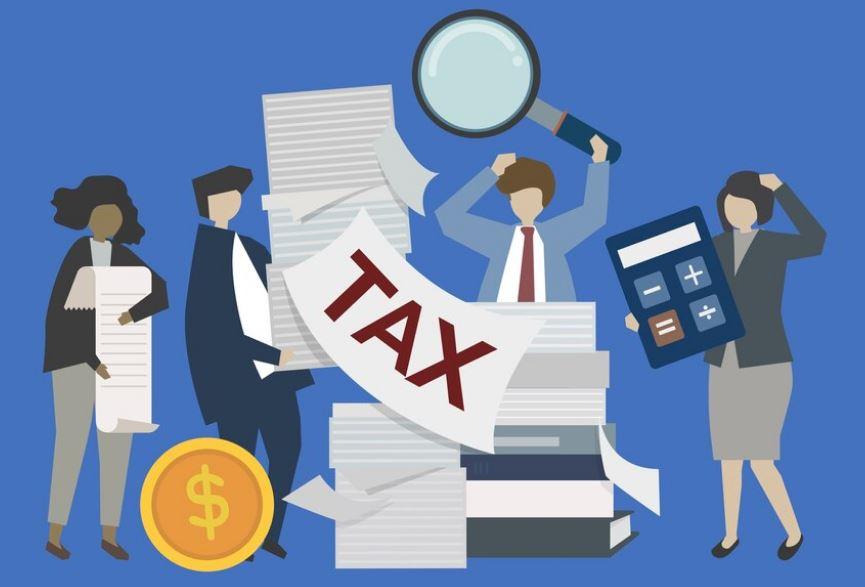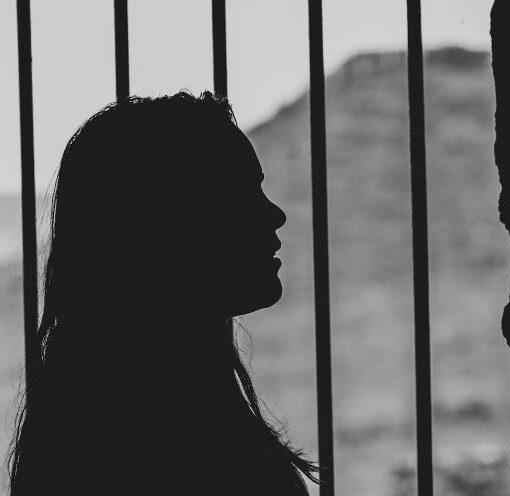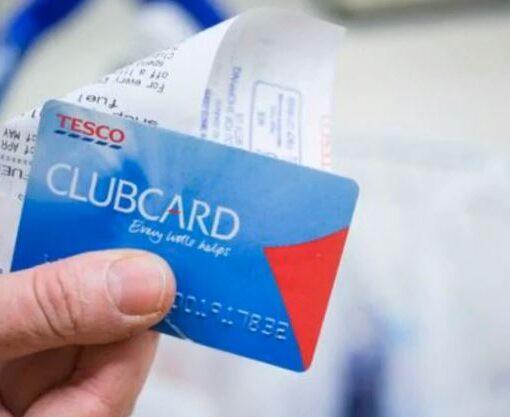
A recent rule change by HM Revenue and Customs (HMRC) has stirred concerns among individuals engaged in side hustles through apps like Etsy and Vinted.
The updated regulations, which came into effect on January 1, impose greater scrutiny on those earning additional income from activities such as selling second-hand clothes online or renting rooms to holidaymakers. However, it is crucial to note that this does not introduce a new ‘side hustle tax.’
Companies including Airbnb, eBay, and Depop are now legally obligated to collect and share transaction details as per the new regulations.
The move is expected to impact millions of side hustlers, given that one in six British workers currently participates in the gig economy facilitated by these apps. Failure to declare previous earnings with HMRC may result in expensive financial penalties.
Contrary to misconceptions, there is no new tax on side hustles. Individuals making over £1,000 annually are already required to register as self-employed and file a Self-Assessment tax return.
Victoria Todd, the head of the Low Incomes Tax Reform Group (LITRG), emphasized that the existing tax rules about declaring income to HMRC remain unchanged.
The January 31 deadline for filing a Self-Assessment tax return is fast approaching, and side hustlers need to act promptly for the 2022-23 tax year. To navigate the changes brought about by HMRC’s rule, MoneyZine experts have compiled a checklist for affected individuals.
This checklist includes:
- Registering for Self-Assessment if your side hustle earns more than £1,000 annually.
- Declaring any previously earned income to HMRC to avoid penalties.
- Separating business and personal finances for efficient tax return filing.
- Budgeting and tracking expenses, including tax-deductible costs like equipment and marketing.
- Learning about tax implications, such as reporting earnings over £1,000 to HMRC and understanding the £12,750 standard personal allowance.
Luke Eales, CEO of Moneyzine, criticized the media frenzy around the perceived introduction of a new HMRC levy on side hustles. He clarified that the only new aspect is the requirement for certain apps and websites, including Airbnb, Etsy, and Deliveroo, to share data with the taxman. While some platforms already voluntarily reported user income details to HMRC, it is now a strict requirement.
Additionally, it is essential to dispel the misconception of a new ‘side hustle tax.’ HMRC has not introduced a new tax. Individuals earning over £1,000 a year from selling personal items may need to declare this income to HMRC, depending on whether they are considered a ‘trader.’ The recent rule change mandates digital platforms to automatically share some income data with HMRC.
To understand when you might be taxed on income from selling items, it is crucial to differentiate between personal possessions and items bought for resale. HMRC exempts income from selling personal items like used clothes, an old TV, or unwanted furniture from income tax. However, profits from selling possessions for £6,000 or more may incur capital gains tax.
If an individual engages in trading activities, earning profits above £1,000, they are considered a trader and must pay tax on the profits. The government provides a £1,000 tax-free trading allowance each year, allowing individuals to earn without paying tax. However, those earning more than this threshold must inform HMRC.
The recent rule change requiring digital platforms to share income data with HMRC does not introduce a new tax but enhances transparency and compliance. The move is aimed at tackling tax evasion by ensuring that individuals declare their income accurately. Side hustlers are encouraged to stay informed about existing tax rules and utilize available resources for guidance.




